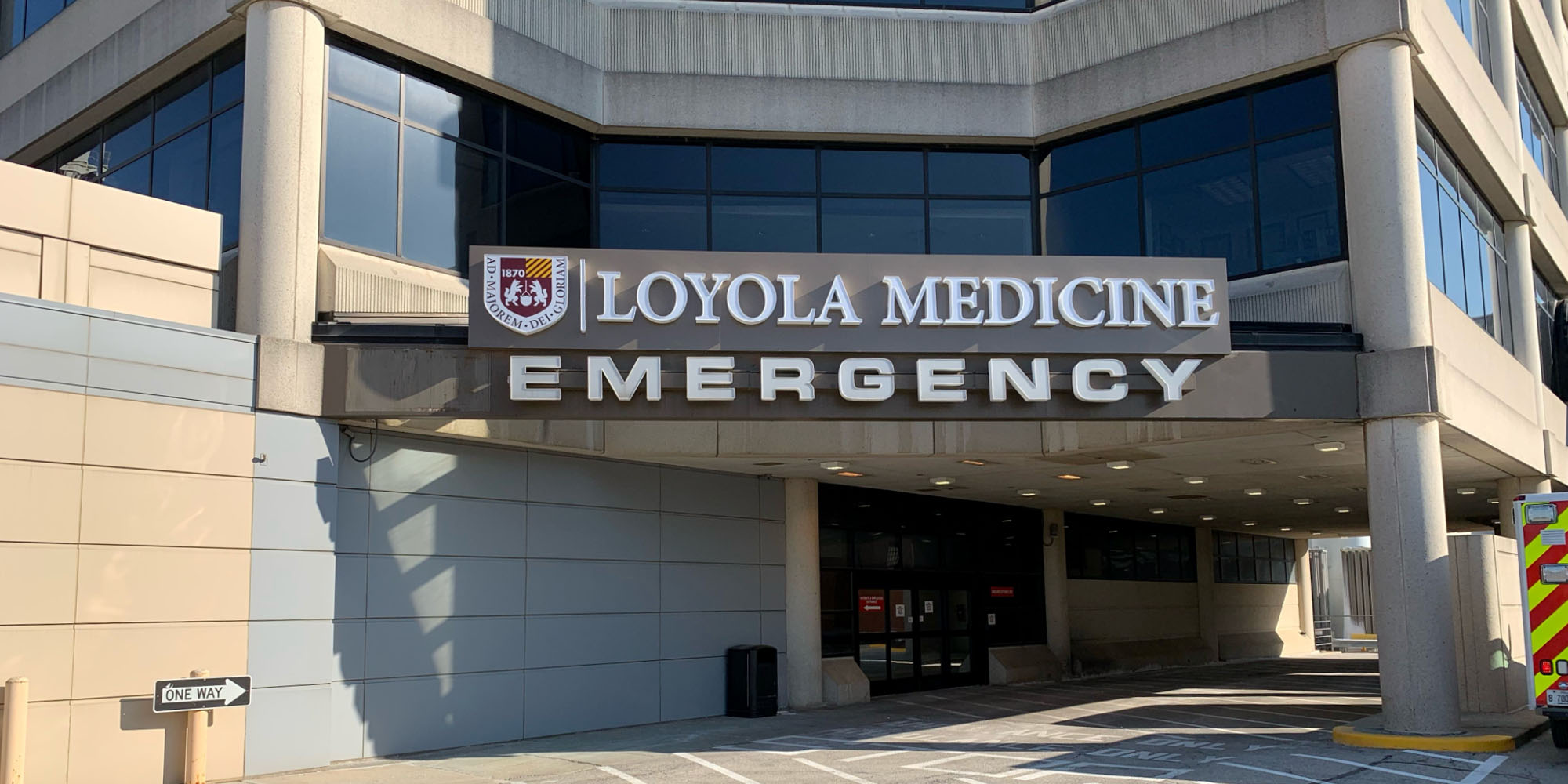ER vs Immediate Care: Where Should You Go?
January 14, 2025
Categories: Emergency Care, Health & Wellness
 By Malek Akhal, MD, Family Medicine and Immediate Care Specialist
By Malek Akhal, MD, Family Medicine and Immediate Care Specialist
Should you go to the emergency room or an immediate care center for an illness or injury?
When you are feeling ill or have been injured, it’s not always easy to know which type of location you should visit to get you or a loved one the care needed for your situation.
It's also important to be aware of the time investment and expense of your visit. A trip to your local ER will mean longer wait times and cost two to three times more than care received in your provider's office or at an immediate care center.
The simplest answer to this frequently asked question is:
- For serious injuries and illnesses or anything that may be life-threatening, head to the emergency room.
- For minor symptoms and illnesses, visit an immediate care center.
If you are considering calling 911 for your condition, do so right away or head to your nearest emergency department.
Know where to go: The emergency room vs. immediate care
When to go to the emergency room
Some serious conditions and illnesses that should be treated in the emergency room include:
- Broken bones that break through the skin
- Severe chest pain
- Deep wounds
- Difficulty breathing
- Extreme headache
- Extreme fever (103 degrees) or fever with rash
- Fainting or passing out
- Fever in a newborn baby
- Head injury in a patient on blood thinners (excluding aspirin)
- Pregnancy complications
- Seizures
- Serious burns
- Severe abdominal pain
- Shortness of breath
- Stroke symptoms including:
- Difficulty speaking
- Facial drooping
- Weakness on one side of the body
- Heart attack symptoms including:
- Chest pain
- Jaw or neck discomfort
- Nausea or vomiting
- Feeling faint
- Vision changes
- Suicidal thoughts
- Suspected poisoning
- Severe allergic reaction
If your instinct is telling you it's serious, trust it and go to the nearest emergency department.
However, if your condition is something you would normally address with your regular doctor (but they are unavailable right away), an immediate care center may be the right choice for you.
When to go to an immediate care center
At an immediate care center, you can see a care provider without an appointment, and some blood tests and X-rays can be done onsite.
Examples of minor conditions and illnesses that are treatable in an immediate care location include:
- Animal or insect bites
- Cold and flu symptoms
- Ear or sinus infection
- Fever without rash
- Minor cuts or burns
- Minor illnesses
- Strep throat
- Pink eye
- Nose bleeds
- Urinary tract infections
- Rashes
- Sprains
Our board-certified physicians and outstanding healthcare teams are here for you at all of our care centers when you need us most.
Loyola Medicine also offers video visits on demand. Schedule an immediate care virtual visit and be seen by an experienced Loyola provider in as little as 20 minutes from the comfort of your home for minor illnesses or injuries.
Where to go for emergency or immediate care
Loyola Medicine's immediate care locations have extended hours for your convenience and no appointment is needed. With three immediate care locations in Tinley Park, Burr Ridge and River Forest, you can choose the location nearest you.
Loyola Medicine has three emergency departments which are open 24/7 and are home to our experts in emergency medicine. You can find them at our three hospitals:
Loyola University Medical Center's emergency department is also a Level 1 Trauma Center, which features some of the most highly skilled trauma experts in Illinois.
Malek Akhal, MD, is a family medicine and immediate care specialist at Loyola Medicine. Dr. Akhal earned his medical degree from American University of Beirut and he completed his residency and fellowship at Creighton University Medical Center - Saint Joseph Hospital.
Book an appointment today to see a Loyola Medicine primary care or specialty physician by self-scheduling an in-person or virtual appointment using myLoyola.
